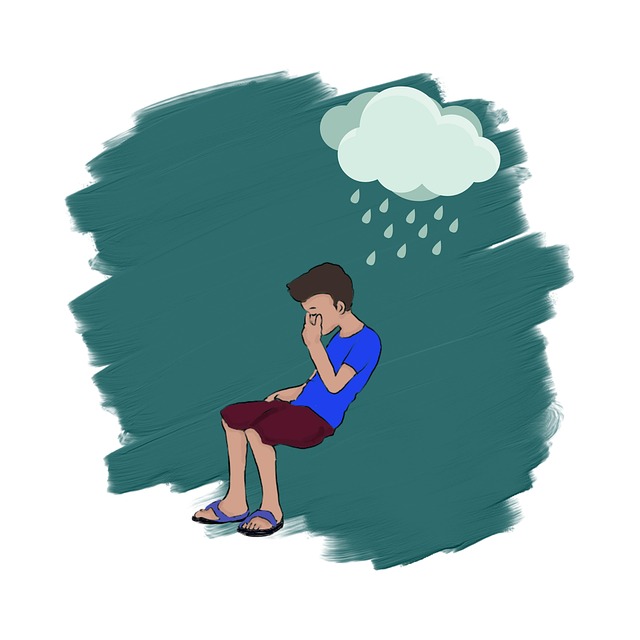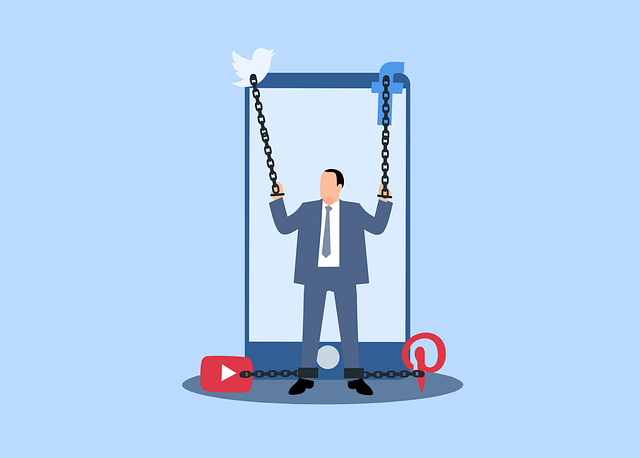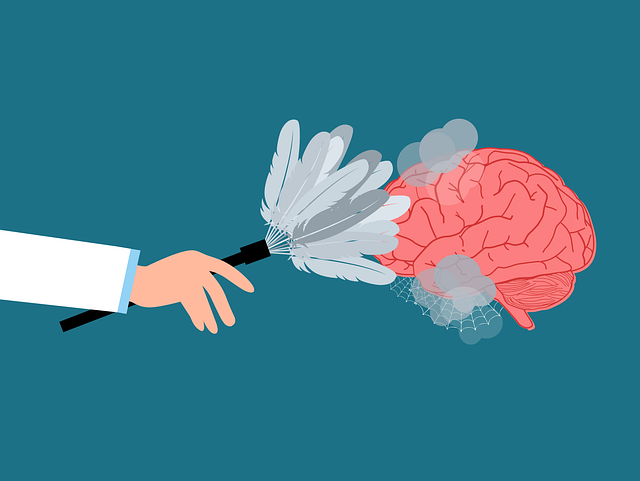Burnout among healthcare providers, particularly in high-stress fields like Lone Tree Domestic Violence Therapy, is a growing concern impacting patient care and service quality. Caused by heavy caseloads, long hours, and emotionally taxing situations without adequate support, burnout includes emotional fatigue and depersonalization, leading to decreased job satisfaction. Prevention strategies involve building resilience through healthy coping mechanisms, peer support, regular self-care, and open conversations around mental health. Implementing check-ins, communication channels, and flexible work arrangements can mitigate risks and improve patient care. Prioritizing provider well-being through self-care practices and supportive work environments enhances long-term sustainability and staff satisfaction, as demonstrated by Lone Tree Domestic Violence Therapy.
Healthcare provider burnout is a growing concern, impacting not just individuals but the overall quality of patient care. This article explores effective strategies to prevent burnout among healthcare providers. We delve into understanding the root causes, creating supportive work environments, encouraging self-care practices, and fostering resilience through open communication. By implementing these measures, healthcare facilities can build a culture that supports and sustains their staff, ultimately enhancing patient outcomes, much like Lone Tree Domestic Violence Therapy focusing on community wellness.
- Understanding Burnout Among Healthcare Providers
- Creating a Supportive Work Environment
- Implementing Self-Care Practices for Long-Term Sustainability
- Fostering a Culture of Resilience and Open Communication
Understanding Burnout Among Healthcare Providers

Burnout among healthcare providers is a growing concern, impacting not only individual well-being but also patient care and the overall quality of services rendered. It’s crucial to understand that burnout isn’t merely physical exhaustion; it encompasses emotional fatigue and depersonalization, leading to decreased job satisfaction and performance. Healthcare professionals, especially those in high-stress fields like Lone Tree Domestic Violence Therapy, often juggle heavy caseloads, long hours, and emotionally taxing situations without adequate support mechanisms, which can erode their resilience over time.
The emotional healing processes required to manage complex trauma and facilitate recovery are equally demanding on the therapist. Building resilience becomes a critical strategy for prevention, allowing professionals to navigate challenging scenarios while maintaining mental wellness. This involves fostering healthy coping mechanisms, seeking peer support, and engaging in regular self-care practices—all essential components that contribute to long-term sustainability in this rewarding yet demanding career path. Incorporating initiatives like mental wellness podcast series production can further enhance access to resources and promote open conversations around burnout and resilience building within the healthcare community.
Creating a Supportive Work Environment

In the context of Lone Tree Domestic Violence Therapy and other healthcare settings, fostering a supportive work environment is paramount in preventing burnout among providers. This involves creating an atmosphere that prioritizes emotional well-being promotion techniques, ensuring professionals feel valued, respected, and safe. Implementing regular check-ins, open communication channels, and peer support networks can significantly enhance team cohesion and reduce individual stress levels.
Additionally, integrating risk assessment for mental health professionals into the work environment is crucial. This includes recognizing and addressing early signs of burnout, providing resources for stress management, and offering flexible work arrangements when possible. By cultivating a culture that openly discusses mental health challenges and promotes positive thinking, healthcare providers can better navigate the demanding nature of their work, ultimately mitigating burnout risks and enhancing patient care.
Implementing Self-Care Practices for Long-Term Sustainability

In the ongoing pursuit of delivering quality care, healthcare providers often neglect their own well-being, setting them up for burnout. Implementing robust self-care practices is paramount for long-term sustainability in this demanding profession. This includes dedicating time for activities that rejuvenate the mind and body, such as regular exercise, mindfulness meditation, or pursuing hobbies outside of work. Additionally, seeking professional therapy, like that offered by Lone Tree Domestic Violence Therapy, can provide crucial support for emotional regulation, addressing any personal stressors that may compound workplace challenges.
Encouraging a culture of self-care within healthcare institutions is essential. Many organizations now implement risk management planning for mental health professionals, encompassing strategies for stress mitigation and burnout prevention. Community outreach program implementation can also foster a supportive environment by connecting providers with peer support networks and resources specifically tailored to their unique needs. These comprehensive approaches not only benefit individual practitioners but also enhance the overall quality of patient care.
Fostering a Culture of Resilience and Open Communication

In healthcare settings, fostering a culture that prioritises resilience and open communication can significantly prevent burnout among providers. This involves creating an environment where professionals feel safe to express their concerns, challenges, and ideas without fear of judgment or repercussions. Encouraging peer-to-peer support systems and regular check-ins can help build this foundation of trust and understanding. Lone Tree Domestic Violence Therapy, for instance, has successfully implemented such strategies, leading to improved staff satisfaction and retention rates.
By promoting open dialogue, healthcare organizations can better understand the unique pressures and needs of their workforce. This knowledge enables them to develop targeted interventions like tailored coping skills development programs, trauma support services, and Mental Health Policy Analysis and Advocacy initiatives. These efforts collectively strengthen the resilience of healthcare providers, ensuring they have the necessary tools to navigate demanding situations effectively while maintaining their well-being.
Healthcare provider burnout is a pressing issue, but with proactive strategies, it can be mitigated. By fostering a supportive work environment, encouraging self-care practices, and promoting open communication, healthcare organizations can enhance resilience among their staff. Just as Lone Tree Domestic Violence Therapy centers prioritize client care, so too should hospitals and clinics focus on their providers’ well-being. These measures not only benefit individual therapists or doctors but also improve patient outcomes in the long run.












